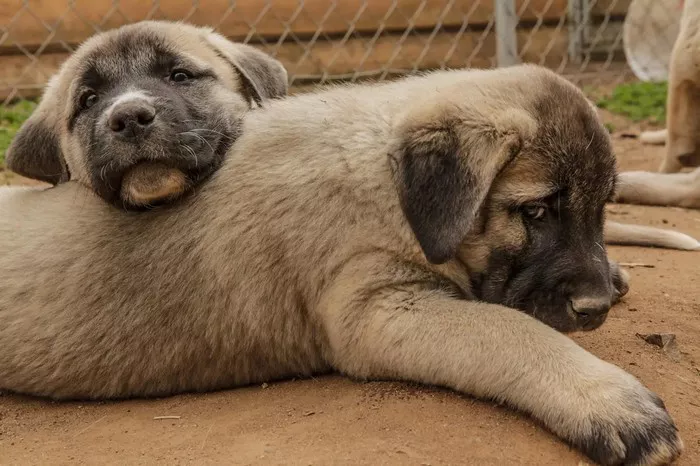What is an Anatolian Shepherd Dog?
The Anatolian Shepherd Dog is an ancient breed originating from Turkey, renowned for its excellent herding ability and guarding instincts. This breed possesses a powerful physique, sharp senses of smell and hearing, as well as good endurance and adaptability, making it an ideal shepherd and guardian dog.
Why spay/neuter Anatolian Shepherd Dogs?
There are many benefits to spaying/neutering Anatolian Shepherd Dogs. Firstly, spaying/neutering can reduce breeding, thus controlling the population of stray dogs and preventing unnecessary stray dog issues. Secondly, spaying/neutering can lower the risk of certain health problems, such as mammary cancer and uterine infections in females, and prostate diseases and testicular cancer in males. Additionally, spaying/neutering can help alter the behavior of dogs, such as reducing territorial instincts and aggressiveness.
When is the best time to spay/neuter Anatolian Shepherd Dogs?
The best time to spay/neuter Anatolian Shepherd Dogs depends on the dog’s age, health condition, and reproductive status. Generally, females can be spayed at 6 to 8 months old, while males can be neutered at 6 to 9 months old. However, each dog’s situation is unique, so it’s recommended to determine the optimal spaying/neutering time under the guidance of a veterinarian.
What is the spaying/neutering procedure?
The spaying/neutering procedure is a simple surgical procedure typically performed under general anesthesia. For females, the surgery involves removing the ovaries and uterus. For males, the surgery involves removing the testicles. The surgery usually takes 30 minutes to 1 hour, and dogs typically require a short recovery period afterward.
What are the post-operative care instructions after spaying/neutering?
Dogs should be closely monitored after spaying/neutering to ensure they do not develop any complications. During the first week after surgery, dogs should rest and avoid vigorous exercise. Additionally, dogs may need to take antibiotics to prevent infection. In the weeks following surgery, dogs may experience some bleeding or swelling, but this is typically part of the normal healing process.
In conclusion, spaying/neutering Anatolian Shepherd Dogs is an important decision that should be carefully considered under the guidance of a veterinarian. Spaying/neutering not only controls the population of stray dogs but also enhances the health and behavioral performance of dogs. If you are considering spaying/neutering your Anatolian Shepherd Dog, it is recommended to consult a veterinarian for more information and advice.


